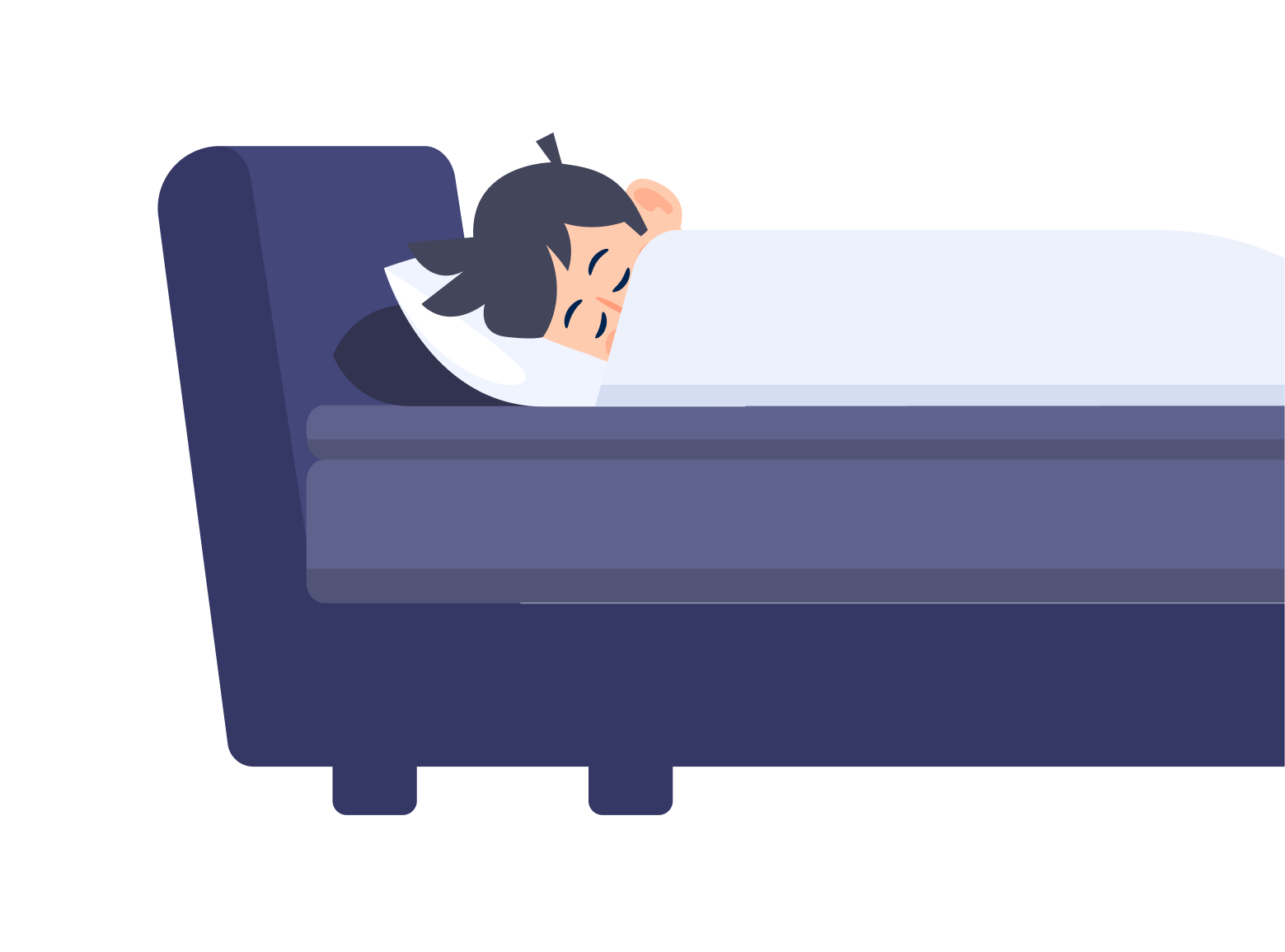Sleep disorders disrupt our sleep patterns and significantly influence our dream experiences. Dreams reflect our subconscious thoughts and are shaped by the physical and mental states these disorders induce. This article explores how common sleep disturbances alter dreams and the broader implications for our health.
Common Sleep Disorders
Insomnia
Insomnia, known for making it hard to fall or stay asleep, often leads to poor sleep quality and fragmented dreams. Those with insomnia may recall their dreams as stressful or disturbing due to frequent awakenings that interrupt sleep cycles.
Sleep Apnea
Sleep apnea, characterized by repeated breathing pauses, disrupts sleep and decreases REM sleep. People with this condition often report fewer dreams and feel generally fatigued, affecting their ability to recall dreams.
Narcolepsy
Narcolepsy causes uncontrollable daytime sleep episodes. Affected individuals may enter REM sleep quickly, experiencing vivid and bizarre dreams. These intense dreams can feel unsettlingly realistic and may cause emotional distress.
Restless Legs Syndrome (RLS)
RLS triggers uncomfortable leg sensations and a strong urge to move them, disrupting sleep and REM periods. This can shorten and alter dream experiences.
Effects on Dreams
Increased Nightmares
Sleep disorders like sleep apnea and insomnia are often linked to more frequent nightmares. The physical disturbances from these conditions, like breathing interruptions, can trigger distressing dreams.
Lucid Dreams
Disorders such as narcolepsy heighten the chances of lucid dreaming, where dreamers are aware they’re dreaming and can sometimes control the dreams. This can be intriguing yet disorienting.
Altered Dream Content
Sleep disturbances can change the content and emotional tone of dreams. Anxiety from poor sleep often infiltrates dreams, leading to emotionally intense scenarios. This creates a cycle where stressful dreams heighten daytime anxiety, promoting more stress-induced dreams.
Psychological and Physical Implications
Altered dream patterns can increase daytime anxiety and depressive symptoms. Chronic disruptions in sleep architecture can also impair cognitive function and overall physical health over time.
The relationship between sleep disorders and dreams underscores the link between sleep health and mental well-being. Properly managing sleep disorders not only improves sleep quality but also enhances dream quality, contributing to emotional and psychological resilience. Addressing these issues can improve life quality, reduce stress, and bolster mental health, making both sleep and dreams more restorative.








